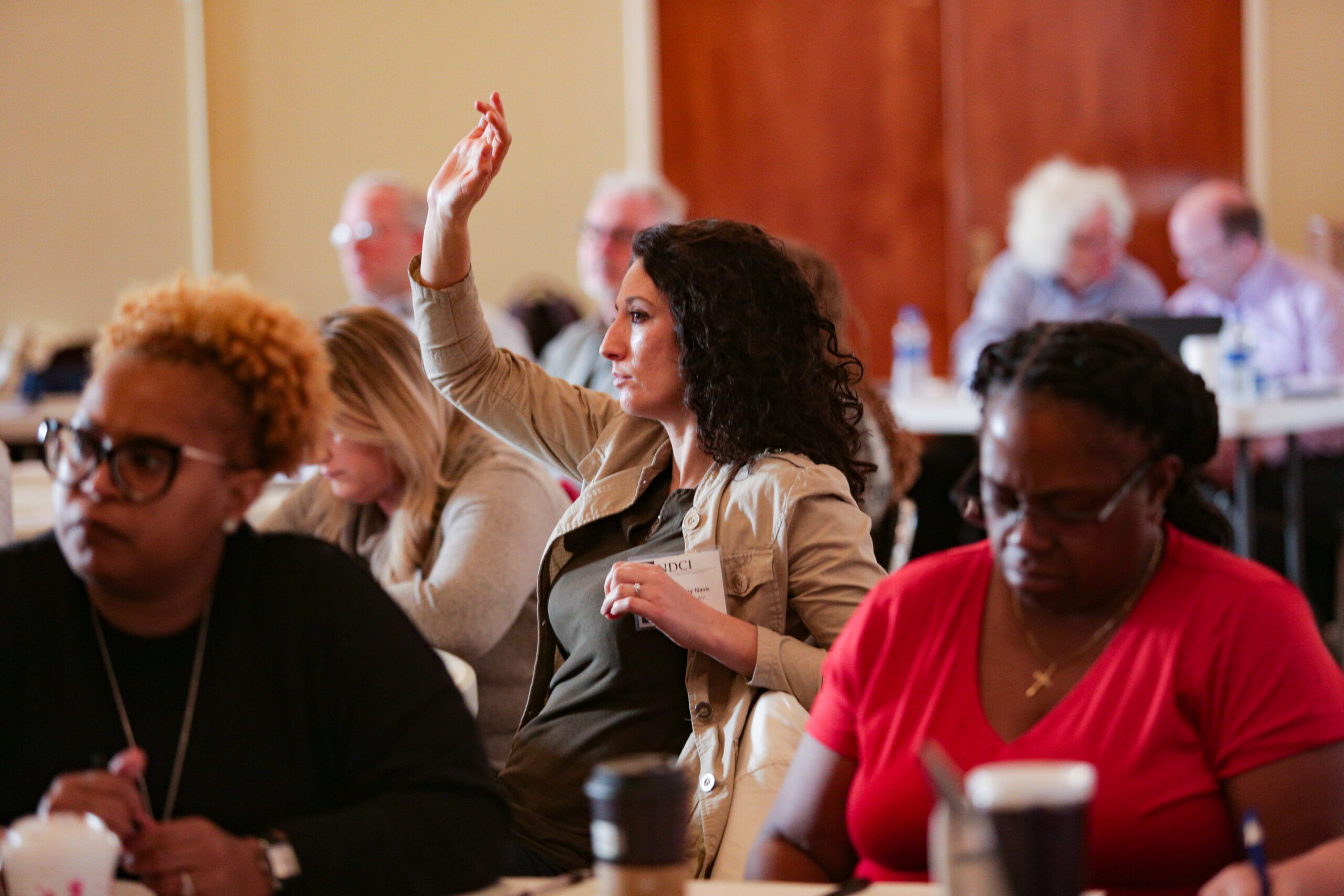)
Treatment Court Institute
We lead training, technical assistance, and research dissemination for more than 4,000 treatment court programs.
The Treatment Court Institute leads training, technical assistance, and research dissemination for more than 4,000 treatment court programs in the United States.
The Institute’s expertise spans all treatment court models and ensures that treatment courts adopt and retain evidence-based practices and best practice standards. Formerly known as the National Drug Court Institute, the Treatment Court Institute has trained more than 500,000 public safety and public health professionals in every U.S. state and territory.
Training and TA for the Treatment Court Community
The Institute offers a vast array of free resources to educate public health and public safety professionals on evidence-based best practices for working with justice-involved individuals with substance use and mental health disorders. From live, in-person trainings and webinars to online courses, publications, and one-on-one Q&A with our experts, if you need it, we have it.

Our Story
The Treatment Court Institute was founded with funding from the White House Office of National Drug Control Policy in 1997 to meet the growing need for standardized, evidence-based training and technical assistance for the rapidly growing treatment court field.
In the years since, the Institute has continually evolved to meet the ever-changing needs of treatment court professionals and has emerged as the definitive authority on the latest research, best practices, and cutting-edge innovations to respond to justice-involved individuals facing substance use and mental health disorders.
Unparalleled Expertise
Treatment Court Institute along with a cadre of over 100 faculty based throughout the United States, provide a level of expertise and historical and practical knowledge unrivaled in our field.
Together, we span a broad range of disciplines, including judges, prosecutors, defense attorneys, court administrators, program coordinators, case managers, treatment providers, and law enforcement officials with expertise in addiction, pharmacology, behavioral health, equity and inclusion, criminal justice, and more. We continually expand our knowledge in order to provide you with hands-on service to fit your needs.
